Among all the divisive issues that the 2024 presidential race has brought to the fore you can add battery-electric vehicles. Studies have shown a clear divide between Democrats and Republicans when it comes to EVs – but a new study suggests that, going forward, who you vote for might have less of an influence on whether you go electric in the future.
Head down the highway and there’s a good chance you’ll see a lot more Harris/Walz bumper stickers on the EVs driving by than Trump/Vance stickers.
In recent years, battery-electric vehicles have become highly politicized with studies routinely showing strong support among Democrats and equal opposition among Republicans. Yet, while the two parties aren’t expected to meet in the middle anytime soon, a report by research firm AutoPacific, Inc. suggests “political influence on electric vehicle interest is waning.”
Going forward, potential buyers are likely to focus more on the pros and cons of the technology itself, such as lower emissions and energy costs, the study indicates, as well as high purchase prices and the lack of a viable nationwide public charging network.
Presidential politics
There are few areas where the candidates differ more than on energy and the environment. When in the White House, former President Donald Trump attempted to roll back the vehicle mileage standards enacted by his predecessor, Barack Obama, and take away California’s ability to set mandates stricter than the federal rules. He frequently criticized EVs and was particularly sharp in his opposition to electric vehicle sales mandates.
For her part, Vice President, Harris has largely echoed the policies and positions of her boss, President Joe Biden, on issues automotive. She supported the tougher mileage standards the EPA enacted and, in particular, rules that would set strict new EV sales mandates by 2032. Harris is expected to continue support for EV sales incentives and for the rapid establishment of a nationwide charging network.
But the lines between the two candidates softened a bit when, over the summer, Tesla CEO Elon Musk started actively campaigning for Trump – offering both financial backing and the support of his social media service, X, the former Twitter.
For his part, Trump said, “I’m for electric cars. I have to be because, you know, Elon endorsed me very strongly,” during a summer rally in Georgia. “So, I have no choice.” But he continued to attack the Biden EV sales mandates.
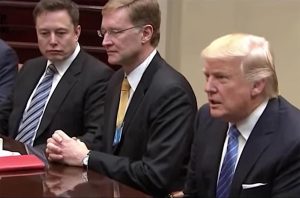
Trump has become more favorable to EVs since Tesla CEO Elon Musk started supporting his White House campaign.
Impact on car buyers
“Our analyses of EV owners over the years have clearly shown a correlation between more left-leaning political views and EV early adopters,” says AutoPacific Director of Marketing and Consumers Insights Deborah Grieb.
Whether Trump’s initial attacks on EVs directly influenced potential buyers, the growth of the battery-electric vehicle market slowed markedly as the presidential campaign heated up. Demand grew roughly 800% between 2019 and 2023, sales last year reaching a record of nearly 1.2 million. The growth rate has been running closer to 10% in 2024, according to AutoPacific and other industry data trackers.
“But as EVs continue to expand across brands, vehicle types and price ranges, that (political) association is showing signs of fading,” said Grieb.
More EV News
- Auto Industry Central to Presidential Race
- UAW Invests Millions in Bid to Defeat Trump
- Musk Money in Hand, Trump is Now “For” EVs
Shifting focus
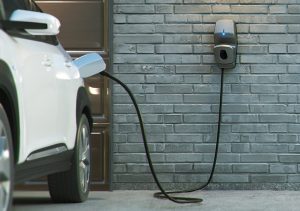
The AutoPacific study suggests motorists will focus less on politics, going forward, and focus on issues like range, cost and charging.
In a summary of the new study, AutoPacific said it found fewer of those rejecting EVs because they are “associating their own political beliefs with owning an EV.” Just 8% of those who decided against buying an EV did so because it didn’t match their vote. That’s down from 10% a year ago. But the report still found Republicans far more likely to associate EVs with personal politics.
“When it comes to EV rejection, politics do play a small role, albeit a declining one,” said Grieb, “but rejection of EVs is much more likely to be due to (more practical concerns).”
These include the lack of public charging, as well as the high cost of EVs – which averaged $56,351 in October 2024, compared to $48,397 for all vehicles sold in the U.S. last month, according to Kelley Blue Book.

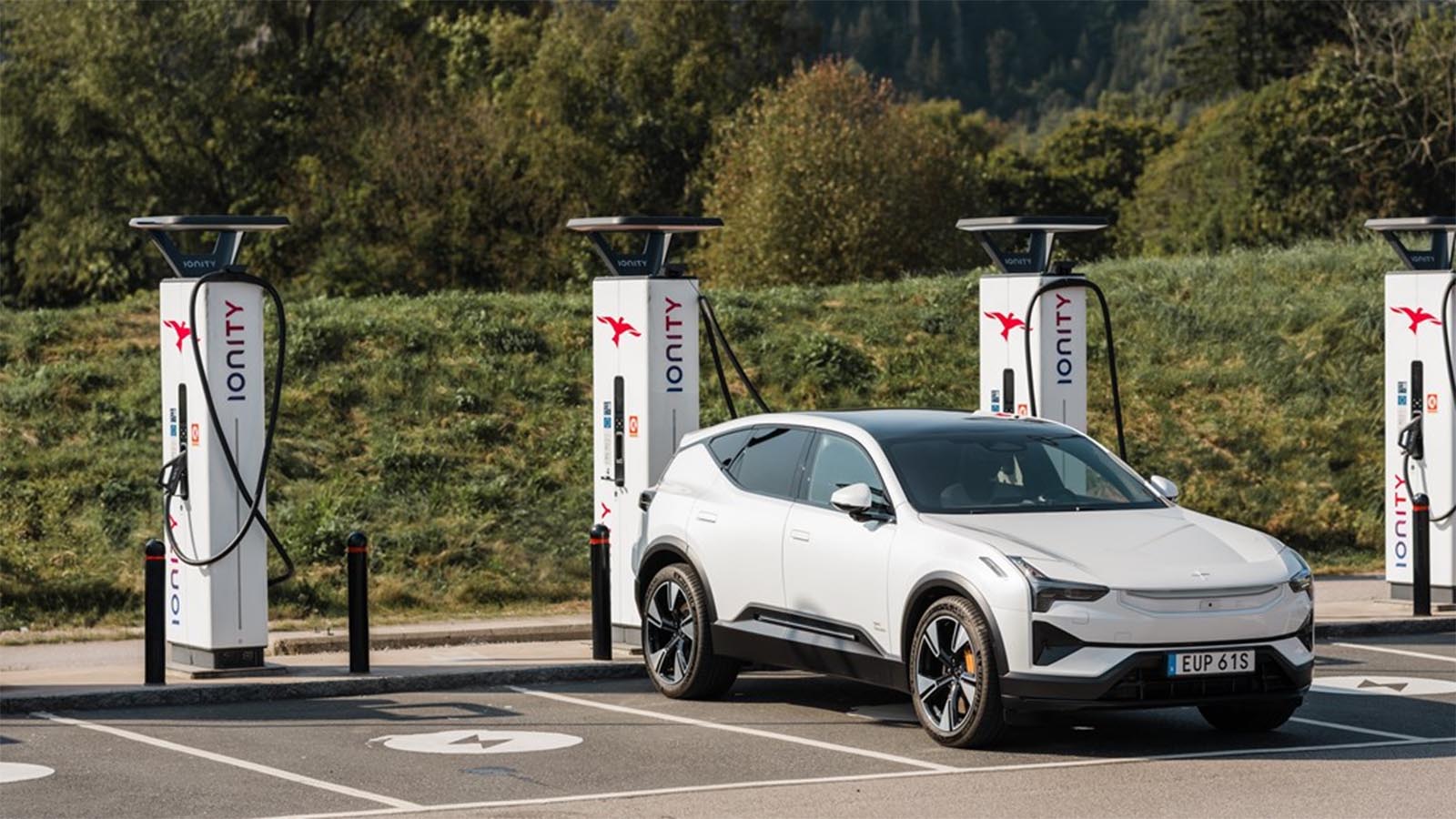
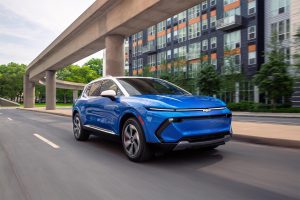
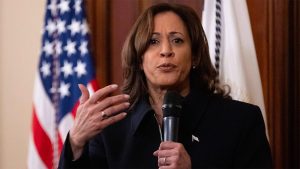
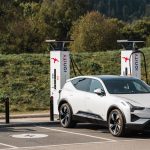
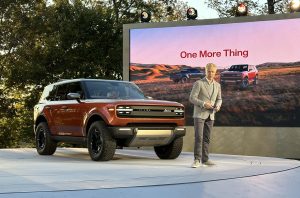
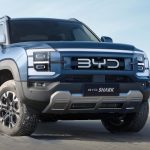

But people are rejecting Tesla for political reasons
That’s because Musk has completely politicized himself. It is less about EVs and more about him.
Paul E.